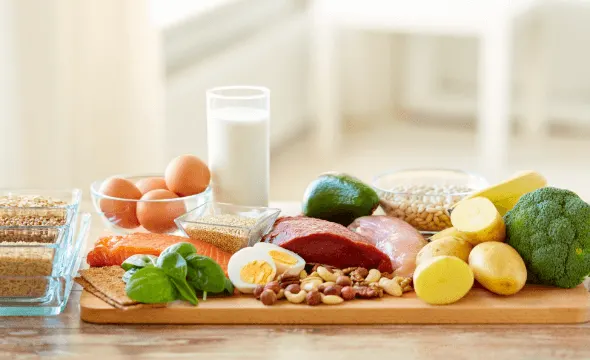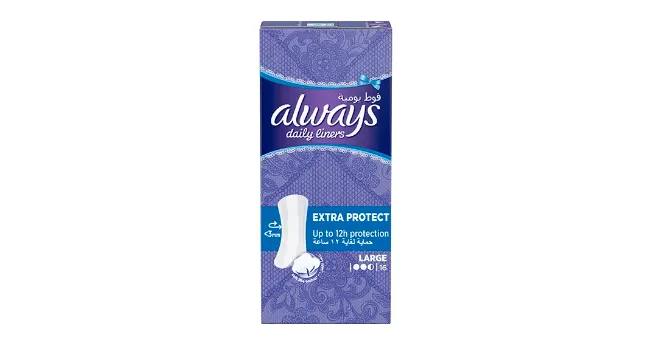Perimenopause and Weight Loss: Causes, Best Diet & How to Manage It

Perimenopause is a natural occurrence in a woman’s life that precedes menopause. Perimenopause brings with it numerous changes that can be physical and emotional. While people often discuss weight gain, weight loss is not discussed as much. Many women, during this period, go through perimenopause weight loss.
It is important to understand that perimenopause and weight loss can be linked to hormonal shifts that take place during this phase. Different people experience perimenopause differently. Symptoms such as hot flashes, vaginal dryness and period irregularities are rather common. Lastly, perimenopause weight loss is too. In this article, you will learn about how to deal with perimenopause weight loss.
Diet Changes to Help Manage Symptoms of Perimenopause Weight Loss
Sometimes simple things like changing your diet can help you with symptoms associated with perimenopause and weight loss. Adopting these diet changes can help you maintain a healthy weight. Understanding your biology during perimenopause can help you choose the best food that suits your body. Read on to learn about dietary guidelines that could support you in forming a diet for perimenopause weight loss:
Focus on Protein: As you age, you will notice your muscle mass decreasing and fat increasing. To combat this, you must increase your protein intake. Not only does increasing your protein intake help you manage your appetite, but it may also help reduce body fat, help maintain muscle mass, decrease risk of heart disease and improve your cholesterol. Food products such as eggs, nuts, seeds, fish, legumes, chickpeas, soybeans, lentils, beans and tofu are considered good sources of protein.
Embrace Healthy Fats: Essential fatty acids like omega-3 fatty acids found in salmon, sardines and mackerel are important for your body. It may lower your chance of stroke and heart disease and improve your metabolic health. If you include fibre and omega-3 fatty acids in your diet, you may also lower the risk of developing symptoms of depression, stress and anxiety.

Increase Fibre Intake: Getting enough fibre in your diet is essential as it aids gut bacteria. Vegetables, legumes, fruits and whole grains are great sources of fibre. Fibre is linked to gut health and can lower the risk of ovarian cancer. It can also help with walking and grip strength, and reduce symptoms of depression. Consuming generous portions of fibre can keep you satiated, improve cholesterol and keep heart disease at bay.
Stay Hydrated: You must drink plenty of water when going through perimenopause. Ageing causes an increase in dehydration as the body replenishes fluids slowly. Keep track of your water intake. Apart from providing electrolytes and nutrients, drinking sufficient water can help with hormonal symptoms like headaches, hot flashes and bloating. You could also try eating foods with high water content such as watermelon, cucumber or lettuce.
Dealing with your eating habits is the best way to lose weight in perimenopause and remain energising during that phase of your life.

How Does Your Body Change During Perimenopause?
There are numerous changes that take place in the human body when a woman experiences perimenopause. Listed below are a few of them:
Hormonal Fluctuations: During perimenopause, you will experience hormonal shifts in your body. Reproductive hormones such as oestrogen and progesterone fluctuate.
Muscle Mass Reduction: Your muscle mass reduces as you age, so perimenopausal women are susceptible to it.
Other common changes: Hot flashes, weight gain, changes in metabolism, blood pressure, mood changes, sleep disturbances, digestive problems, difficulty concentrating and vaginal dryness.
It is important to recognise these physical changes when it comes to formulating the best diet for perimenopause to lose weight to support your overall health and wellbeing.
You may also experience spotting during perimenopause. Check out Always panty liners to help manage this issue. Always Extra Protect panty liners are equipped with a breathable design and odour neutralising technology to elevate your experience. Its extra-long size gives you great coverage and its quality will keep you dry.
What to Avoid During Perimenopause?
It is important to know what foods to avoid when you are going through perimenopause. Listed below are the foods you can avoid or at least limit:

Alcohol: According to research, low or moderate alcohol intake may be associated with later menopause. Beer contains small amounts of phytoestrogens. These mimic some of the functions of oestrogen. Phytoestrogen could make skin flushing and hot flashes worse so it's better to steer away from them.
Caffeine: Perimenopause can make your blood pressure and body temperature fluctuate in some women. Caffeine can aggravate it, while also increasing the risk of heart palpitations. Non-caffeinated beverages and herbal tea may help you during this time.
Spicy food: Some women suffer hot flashes due to chillies and hot peppers. So, it is best to avoid these to check if it helps with symptoms.
Sugary and processed foods: Chips, fast food, ultra-processed foods and sweets may increase your risk of perimenopausal symptoms.
While devising the best diet for perimenopause belly fat, avoid these foods. Avoiding or limiting such foods is important for an effective perimenopause weight loss plan.
Although you may experience many challenges in perimenopause, you can deal with them by keeping the information in this article in mind. Simple lifestyle and dietary changes can help you with perimenopause weight loss. Creating a comprehensive perimenopause weight loss plan includes a nutritious diet and the avoidance of alcoholic, caffeinated, sugary and processed foods. Lastly, do not hesitate in consulting a medical practitioner if you feel you may need more advice.
Disclaimer
Please note the date of the last review or update on all articles. No content on this site, regardless of date, should ever be used as a substitute for direct medical advice, diagnosis or treatment from your doctor or other qualified clinician. Always is committed to ensuring that all of our products meet rigorous safety standards; Always pads prioritize safety, protection and comfort of its consumers.




